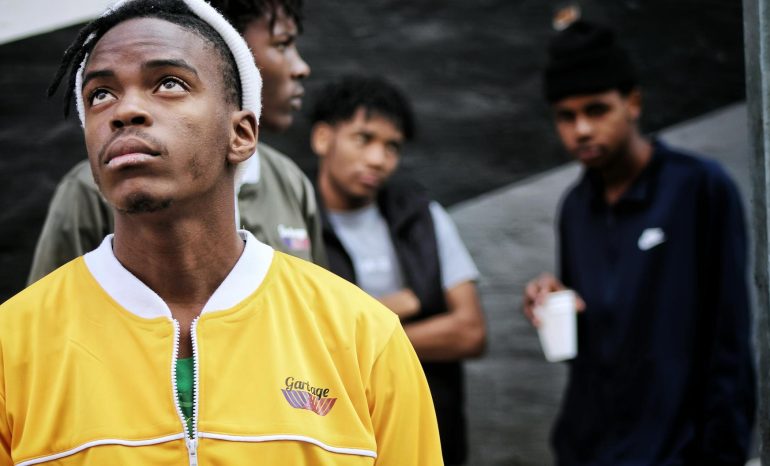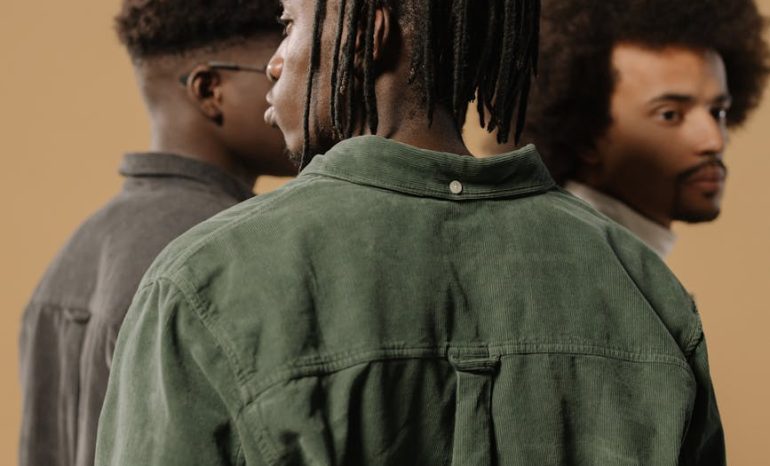It tells the story of Abdul Malik, a patient in a West London psychiatric hospital diagnosed with schizophrenia and dissociative identity disorder. But Abdul believes he’s a prophet. And as his haunting words begin to shake the assumptions of doctors, nurses, and readers alike, it becomes clear that his madness may carry more clarity than society’s idea of sanity.
Picture this: a highly talented employee misses another deadline. Her colleagues whisper about her frequent absences, and her manager is frustrated with her defensiveness during performance reviews. She’s brilliant but seems perpetually out of sync. What’s going on? Often, the answer lies in unresolved childhood trauma. Childhood trauma doesn’t disappear when someone turns 18. It […]
It is quiet in the classroom, except for the rustling of papers and the distracting shuffling of feet. At the back, a boy taps rhythmically on the desk with his pencil. His teacher’s stern look cuts through the air, followed by a sharp admonition: “Stop disrupting the lesson!” His classmates snigger, but he doesn’t stop […]
He walks the streets, feeling unseen, his face masked with a balaclava, a boy carrying silence like a backpack too heavy for his young shoulders, and a sharp Skeng strapped into his big jacket, the saviour he now possesses. He doesn’t know why the world feels louder to him than to others, why laws and […]
The world has expectations of black boys before they take their first breath. Society demands resilience, toughness and strength— – premature armour against a world that rarely offers them softness. Black boys are told to be “men” long before they are allowed to be children, and the result is a generation that carries emotional wounds […]
The presence of Black men in their children’s lives is a powerful force, shaping identity, emotional stability and breaking cycles of trauma. As bearers of ancestral wisdom and cultural heritage, Black fathers play a vital role in transmitting their legacy to the next generation.






